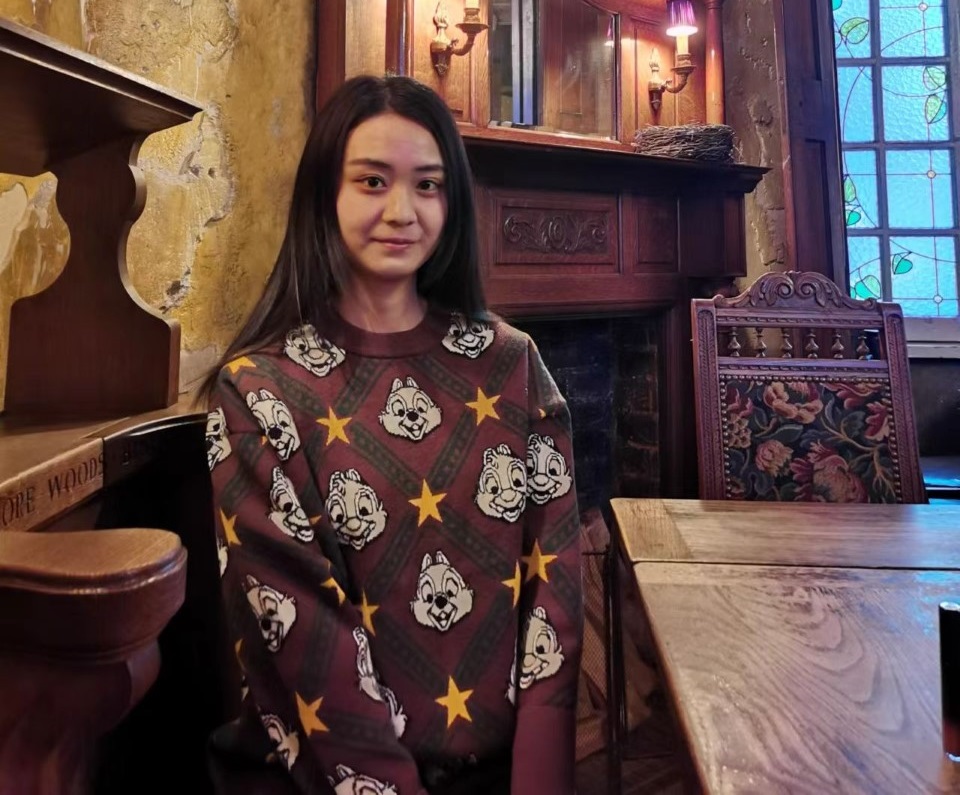“People read Viktor Pelevin in China — there are many Chinese elements in his works that can resonate” — Tian Yang (China)
In Russian literature, Viktor Pelevin is idolized and scolded at the same time. Yang, you are studying this author and his work. How did the idea come about?
I heard about the novel from the scientific adviser in class. I read it, got inspired and decided to take it for my final qualifying work. No one considered Generation P from the point of view of the theory of new historicism. The work shows the reader the society of the 20th century. The USSR collapsed — then something had to be done. The author exposed the moral values of citizens, made them feel their panic, fear and emptiness. It is surprising to me how successfully textuality worked in the new conditions created by Viktor Pelevin. How many more borders of one story can be opened? A lot, and that’s my interest.
What language did you read the novel in? Was it Chinese? How is Viktor Pelevin perceived in China?
I read the novel in Chinese and Russian. I understood the difficult meanings of the author only from the Russian version of the text. If you don’t know Russian culture and history, it’s hard to guess some things.
Viktor Pelevin is read in China because there are many Chinese elements in his works that can resonate.
What in the novel is interesting to you as an expert?
I am studying the theory of new historicism on the material of this novel. This is an example when the author takes into account real historical events that become part of a fictional story. The reader wonders if it really happened. The author’s reconstruction of reality does not necessarily have to lose history completely. On the contrary, the reader thinks: “Hmm, it seems like I have already heard this.”
Critics are skeptical about new methods and techniques. Tell us about the theory of new historicism and how it is useful for literary criticism?
The theory of new historicism proves that there is both imagination and history in the text. Through the intertextual connection of history and literature, one can restore the time and era, see the moral values and emotional trauma of people. American literary scholar Stephen Greenblatt in the 1980s proposed the concept of new historicists — experts who prove that stories described in literature did not always actually happen. New Historicists strive to avoid the mainstream, dissent and substitution of values.
What works will you take next?
“The Life of Insects” or “Chapaev and the Void” — they are translated into Chinese. I would also like to try to combine the theory of new historicism with other postmodern historical theories about the relationship between literature and history, such as Michel Foucault or Linda Hutcheon. I don’t want to stop.
Why Arabs talk loudly, how science helped find love, what is the connection between quickstep, patience and the Arabic language – read an interview with Anna Lashina, the best graduate of “Foreign Regional Studies: Middle East”.
In 2019, Tatiana founded the Youths Make a Difference (YMD) International Youth Organization. It's been over a year since the last interview. She graduated from the university with a degree in Technical Systems Management, returned to Cameroon and signed a memorandum of understanding with the Ministry of Youth Affairs. Read the iterview to find out what has changed.
How finances and furniture are connected, why Russian prefixes terrify a foreigner and where they cook the most delicious shawarma – read an interview with Anton Borodin, the best graduate of the Finance and Credit program from Finland.
.jpg)
